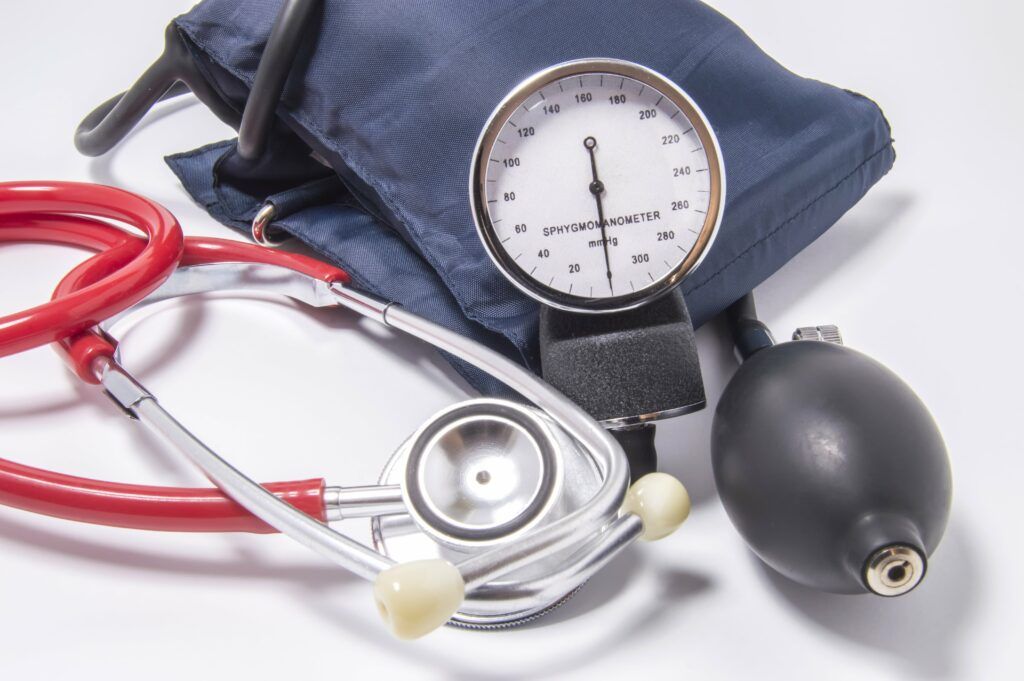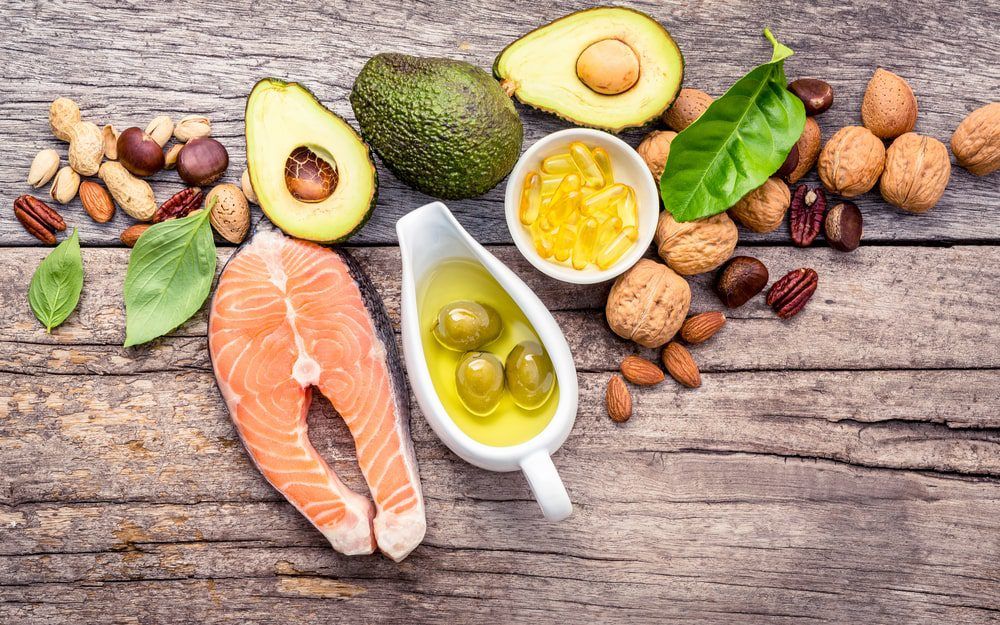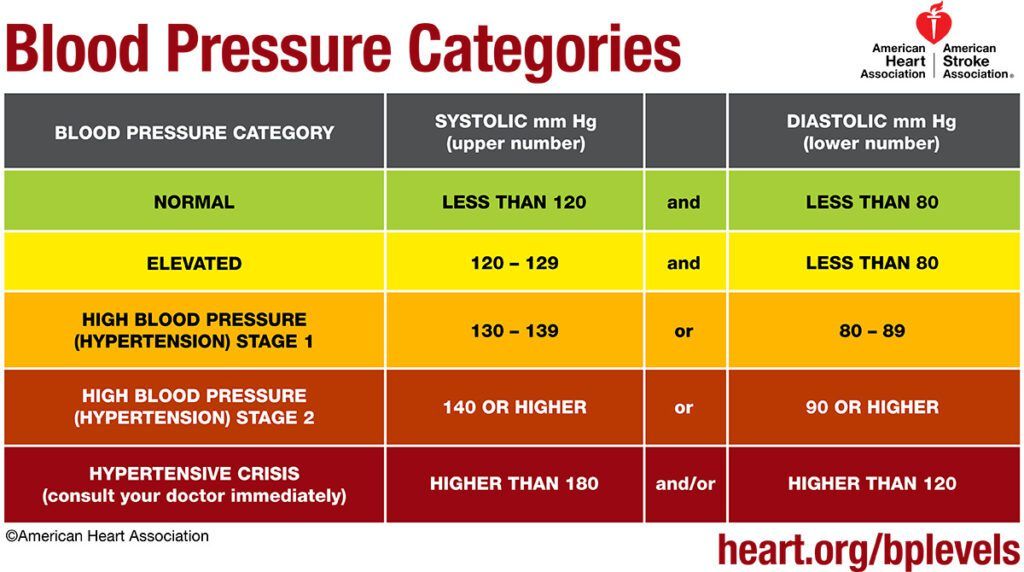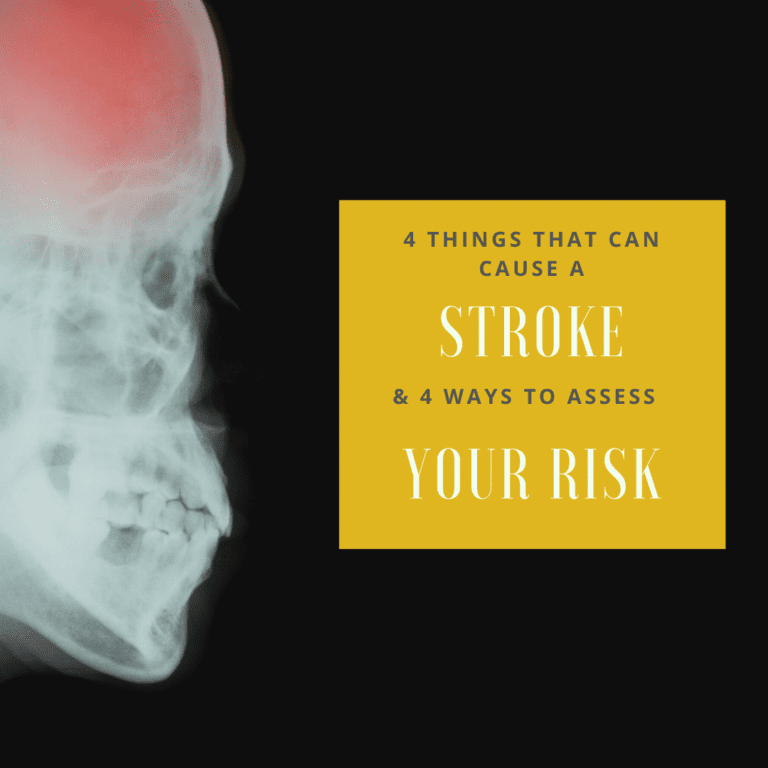According to the National Institute of Neurological Disorders and Stroke (NINDS), approximately 795,000 people have a stroke each year. The American Stroke Association also notes that strokes are the number five cause of death and the number one cause of disability. Strokes occur when blood vessels leading to the brain become blocked or ruptured, preventing brain cells from getting essential blood and oxygen. As a result, varying amounts of brain cells can die.
The vast majority of strokes, approximately 87% according to the American Stroke Association, are preventable. These types of strokes are known as ischemic strokes and they are caused by blood clots blocking blood vessels to the brain. The other 13% of stroke cases are characterized as hemorrhagic strokes, which are characterized by weakened blood vessels that rupture and bleed into the brain. When it comes to strokes, there are a few key causes that have been identified by medical professionals. Listed below are these four causes, as well as how to address them in order to decrease the risk of stroke:
Hypertension

The leading cause of strokes is hypertension, also known as high blood pressure. This is because chronic high blood pressure weakens the arterial walls, making it more likely that the artery will eventually rupture and cause a hemorrhagic stroke. While hypertension is one of the easiest stroke causes to address with proper treatment, many people who are affected by hypertension don’t even know it since it does not produce symptoms until it is severe. Therefore, regular physicals are important to carefully monitor your blood pressure and detect hypertension early on so that it can be treated.
High Cholesterol
Another common cause of stroke is high cholesterol. Although the body uses cholesterol to build healthy cells, too much cholesterol is problematic. There are two types of cholesterol that are sometimes known as “good cholesterol” and “bad cholesterol”. Good cholesterol, or HDL, helps to decrease the risk of stroke by essentially eliminating bad cholesterol from the body. Bad cholesterol, also known as LDL, increases the risk of stroke since it accumulates inside the blood vessels and can eventually cause them to be clogged. Like hypertension, high cholesterol also does not produce symptoms and requires regular physicals to be identified and then treated.
Diet

What you eat on a regular basis can also affect your risk of stroke. Generally speaking, a diet high in sugar, salt, or saturated fats can significantly increase your risk of stroke by leading to hypertension and high cholesterol. Instead, a Mediterranean diet is recommended to reduce your risk of stroke. The Mediterranean diet promotes eating at least 5 or more servings of fruits and vegetables daily, as well as consuming healthy fats that don’t raise blood cholesterol levels. It also advocates for limiting carbohydrates and focuses on eating whole grains.
Inactivity
Another cause of stroke is physical inactivity. This is because physical inactivity increases your risk of developing other health conditions such as obesity, high blood pressure, high cholesterol, and diabetes. Since high blood pressure and high cholesterol are two main causes of stroke, being inactive indirectly raises your risk of stroke. To decrease your risk, it is recommended to get a minimum of 150 minutes of moderate physical activity a week paired with two days of muscle strengthening exercises. To make this easy, simply do 10 minutes of fast walking, water aerobics, tennis, bike riding, or mowing the lawn daily.
Assessing Your Risk
Now that you know the four key causes of a stroke, it is also important to evaluate individual risk factors that can affect your personal risk level. Assessing your individual risk can provide you with insight into whether or not you are at an elevated risk, which can help you take the necessary precautions. Here are four ways to assess your risk:
#1 History of Stroke
People who have had a prior stroke or a mini-stroke are more likely to have another stroke. Mini-strokes, also known as transient ischemic attacks (TIA), produce similar symptoms to a stroke but are only temporary. However, a mini-stroke significantly increases the risk of an actual stroke and steps should be taken to help lower your risk.
#2 Blood Pressure and Cholesterol Readings

As mentioned above, high blood pressure and high cholesterol are two main causes of strokes. This means that it is important to keep track of your numbers in order to determine your risk of having a stroke. When it comes to blood pressure, your numbers should be less than 120/80 mmHg, and anything over 140/190 mmHg is considered to be high blood pressure. When it comes to cholesterol, you want your LDL levels to be less than 100 mg/dL. Anything above this can increase your risk of stroke and should be treated with medication and/or dietary changes.
#3 Presence of Diabetes
Simply having diabetes is another factor that can increase your risk of having a stroke. In fact, the American Diabetes Association notes that people with diabetes are 1.5 times more likely to have a stroke compared to people without the disease. This is because diabetes affects the way the body handles blood glucose to make energy. In simple terms, people with diabetes accumulate too much glucose in their blood. Overtime, this can cause fatty deposits or clots to form in the blood vessels, which are associated with causing strokes. For this reason, it is extremely important to manage your blood sugar levels in order to decrease the risk of stroke.
#4 Smoking
Smoking cigarettes is associated with a plethora of health problems, so it probably comes at no surprise that it can increase the risk of stroke. According to the CDC, smoking cigarettes actually makes you 2-4 times more likely to have a stroke compared to people who do not smoke. To decrease your risk of stroke, as well as various other health problems, it is recommended to quit something if you are a smoker.

Dr. Kashouty, a diplomate of the American Board of Psychiatry and Neurology (ABPN), practices general neurology with fellowship trained specialization in clinical neurophysiology. Dr. Kashouty finds the form and function of the nerves and muscles the most interesting part of neurology, which is what led him to specialize in neurophysiology with more emphasis on neuromuscular conditions. He treats all neurological diseases, but his main focus is to treat and manage headaches, movement disorders and neuromuscular diseases.




